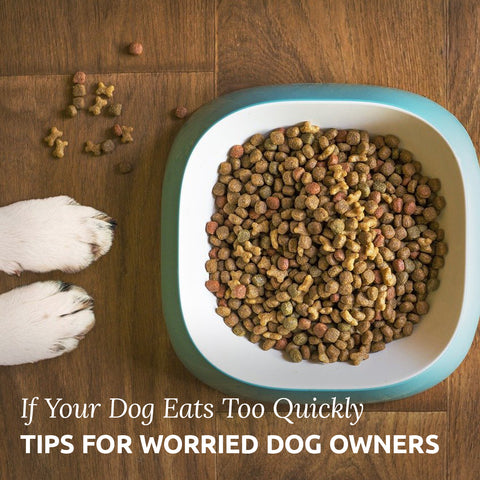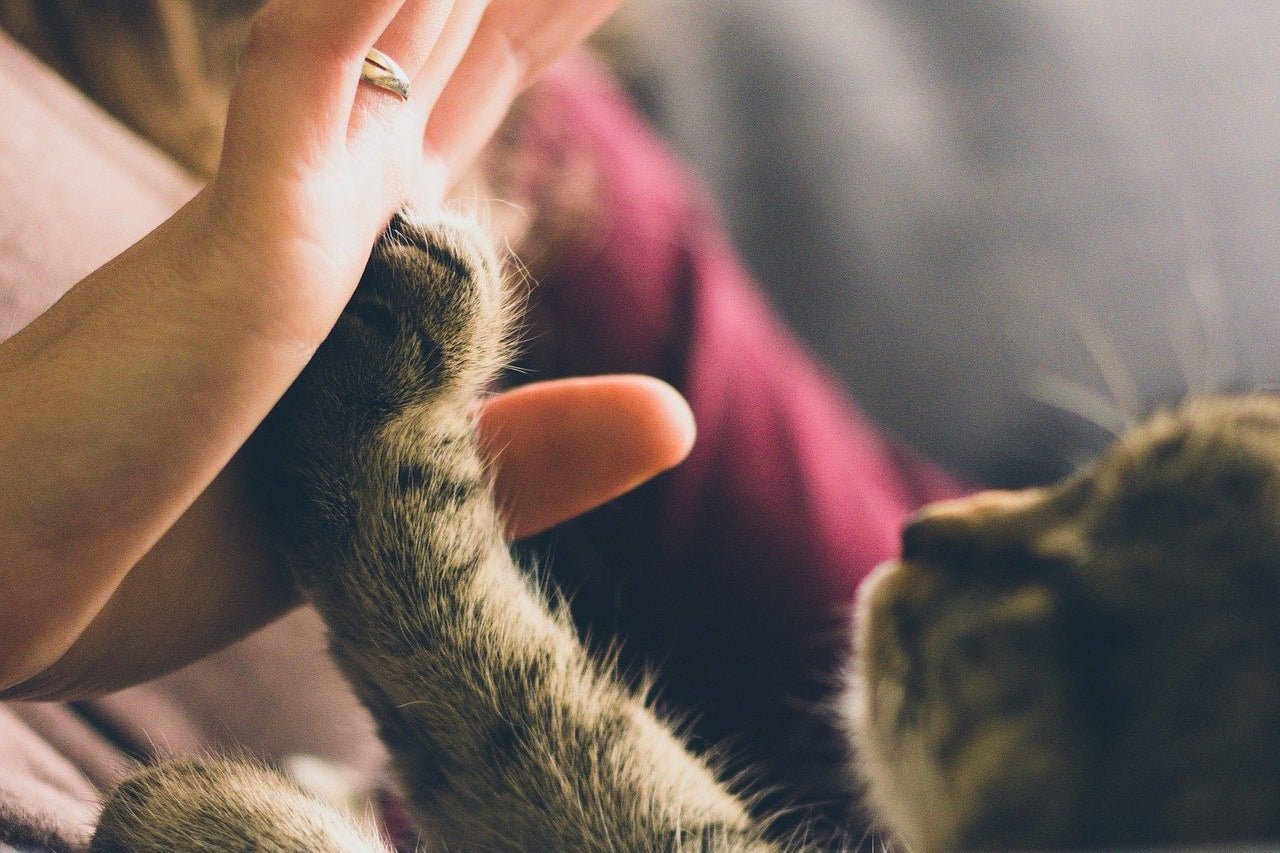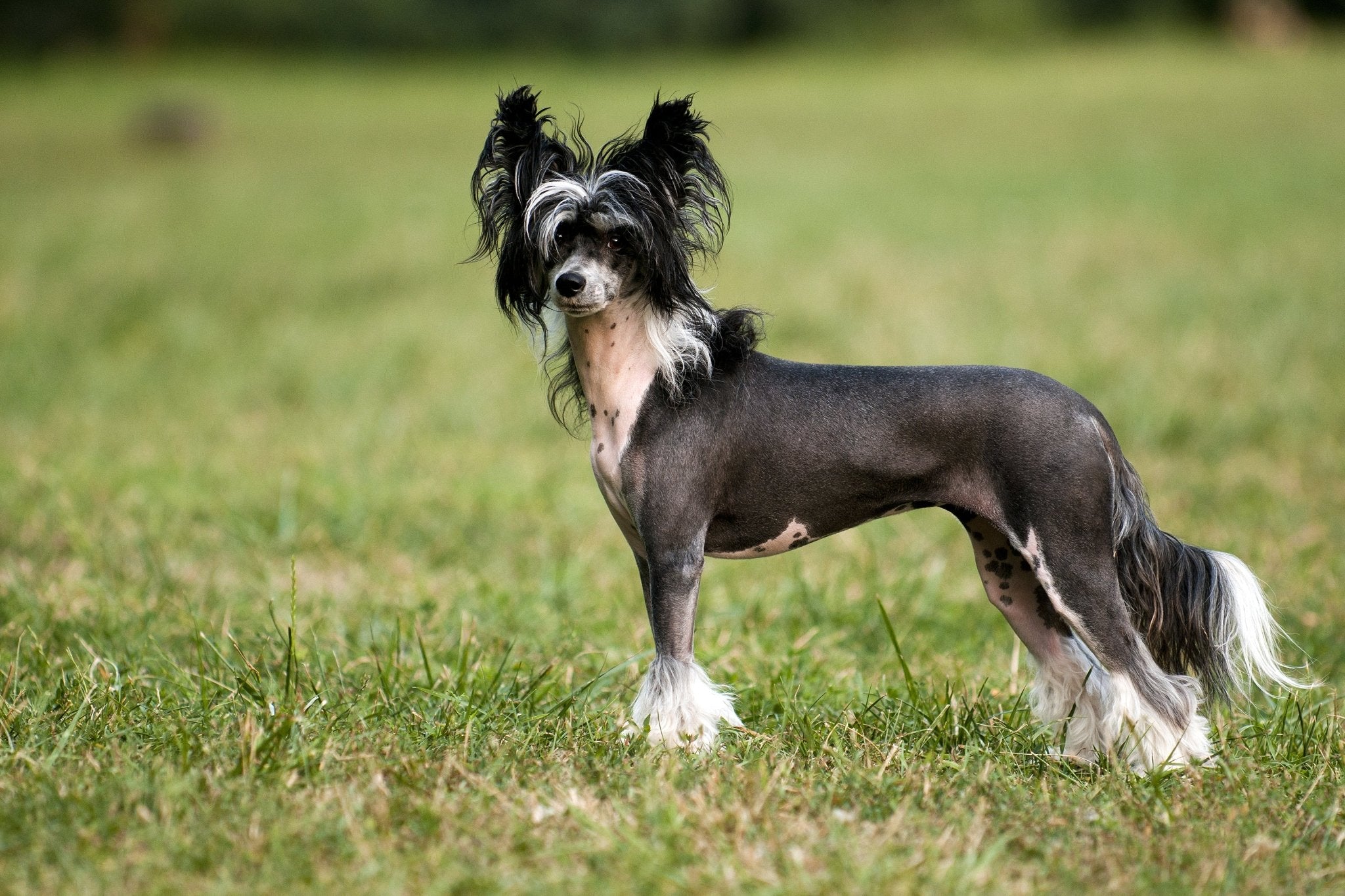
Does your dog gulp down their food as soon as it hits the bowl? Many dog owners face this issue and worry about the health risks of eating too quickly. Rapid eating can lead to digestive issues, bloating, and other health concerns for pets. So, what can you do to encourage your dog to slow down?
Why Do Some Dogs Eat Too Fast?
Several reasons might cause your dog to instinctively eat quickly:
-
Natural Instinct: In the wild, animals eat their prey quickly to avoid losing it to competitors. They often consume large amounts and then vomit up parts to eat later in a safe place. Domesticated dogs may retain this instinct to gulp down food, even though it's no longer necessary.
-
Environment and Routine: For many dogs, mealtime is the highlight of their day, and they’re eager to dive in as quickly as possible. Dogs that lack regular interaction or mental stimulation may also develop the habit of eating quickly out of boredom or anticipation.
-
Competition: Dogs from shelters or multi-pet households may eat hastily if they’ve experienced competition for food. This learned behavior helps them feel secure about getting enough to eat.
What are the consequences of hasty food intake?
The health consequences of eating too quickly can be diverse. Some animals show no consequences whatsoever, others get serious problems. The following symptoms may occur:
- Flatulence and cramps from swallowed air.
- Stomach problems and hyperacidity, because hardly any saliva is produced when swallowing (AniForte® Elm Bark has a soothing and supportive effect).
- Vomiting because the stomach cannot keep up and becomes overloaded. The food reaches the stomach in large chunks and requires more energy to be digested.
- Bad teeth due to lack of chewing, mouth odour (AniForte® Denta Clean & Care can help).
- Obesity, as the dog becomes satiated slower and therefore demands more food.
- The risk of stomach twisting (or bloat) increases because the stomach can bloat.
What can I do to help my dog eat more slowly?
How to Help Your Dog Eat More Slowly
1. Choose a Calm Feeding Spot
Set up a quiet, distraction-free area for feeding, where other pets, children, or loud noises won’t disturb your dog. This peaceful setting can help them feel more relaxed and less pressured to eat quickly.
2. Use a Slow-Feeder Bowl
Special slow-feeder bowls have built-in ridges or obstacles that make it harder for dogs to eat too quickly. You can also place a small bowl upside-down inside their regular bowl to reduce the surface area, forcing your dog to eat around the edges and slow down naturally.
3. Offer Smaller, More Frequent Meals
Instead of one large meal, break your dog’s food into smaller portions throughout the day. This helps prevent overeating and encourages slower, more mindful eating habits. For large dogs, also consider serving food in appropriately sized pieces to avoid gulping.
4. Try Food-Dispensing Toys
Toys like Kongs, which can be stuffed with food, or puzzle feeders can make mealtime fun and slow down eating. These toys require your dog to work to get the food out, helping them eat more slowly and providing mental stimulation.
Avoid Counterproductive Measures
It’s essential to avoid punishing your dog by withholding food if they eat too quickly. Food deprivation can actually increase their urge to gobble down food, worsening the problem. Instead, focus on providing a calm environment, engaging feeding techniques, and steady routines.
Helping your dog eat slower can support better digestion and prevent various health issues. With a few adjustments to their feeding routine, you can help your furry friend enjoy a healthier, more relaxed mealtime.



